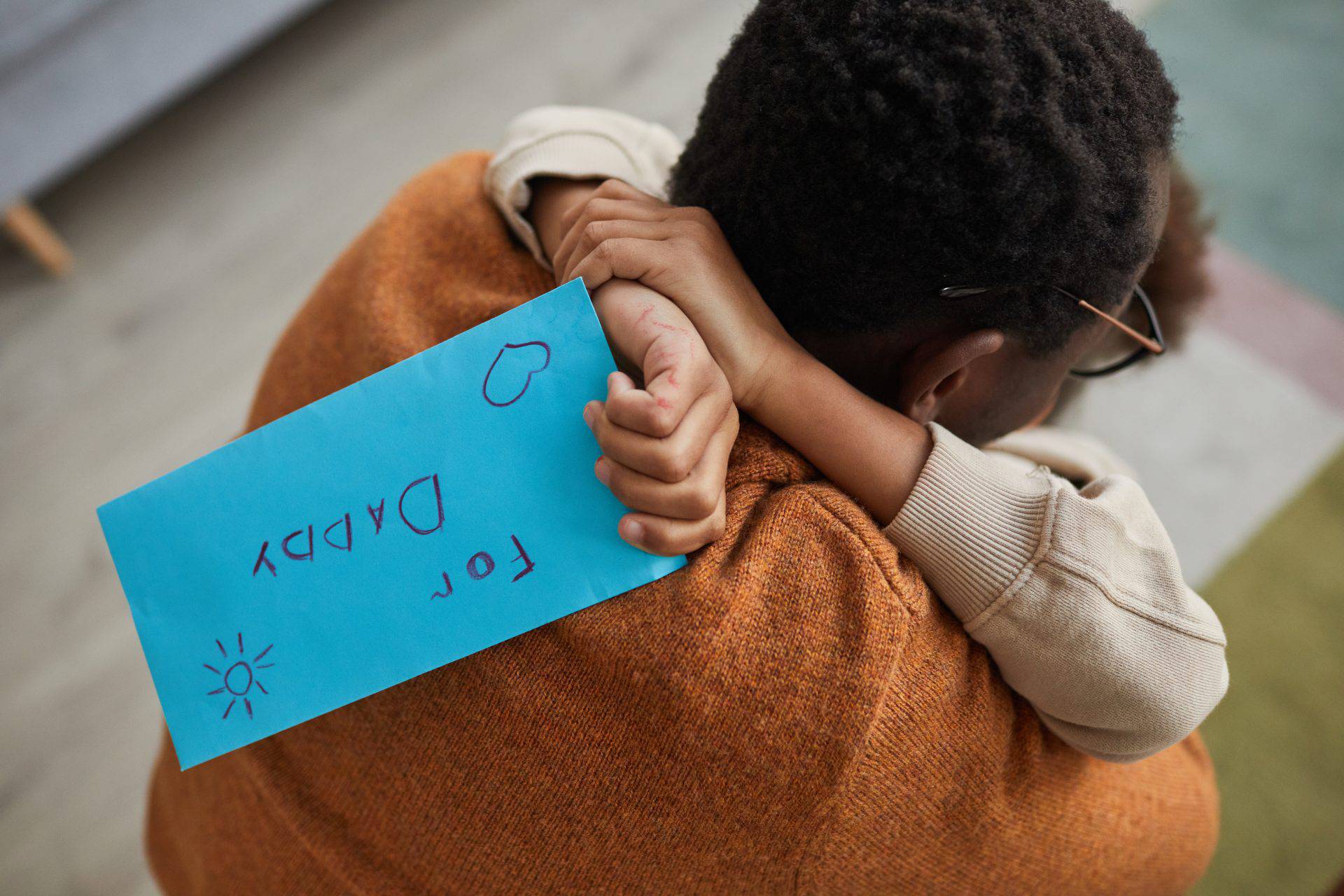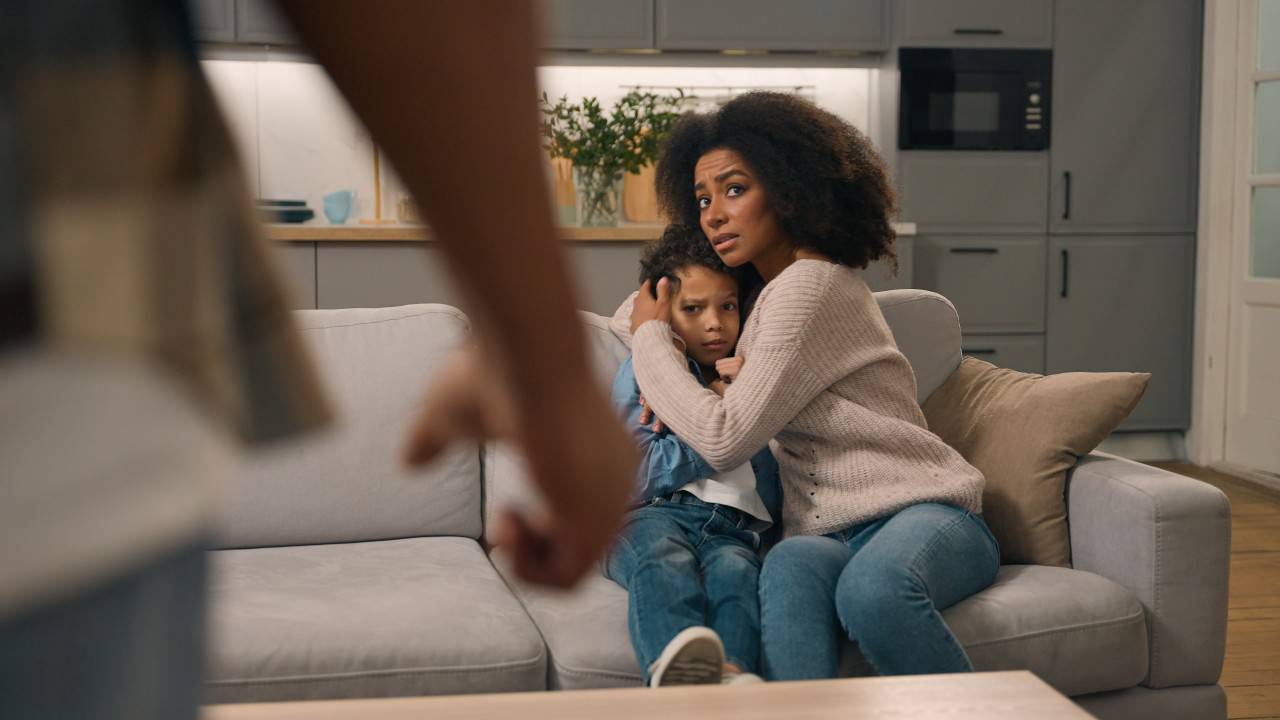Top 3 Tips for Navigating Child Custody Disputes in California
 After you finalize a divorce, the hope is that you won’t have to deal with issues with your ex-spouse any longer. Unfortunately, divorce isn’t always the end for some people. This can be especially true when children are involved. If you were married with minor children, it’s likely that child custody came up as a term of the divorce. If you’re struggling with the terms of your child custody outcome, here are several tips for navigating disputes in California.
After you finalize a divorce, the hope is that you won’t have to deal with issues with your ex-spouse any longer. Unfortunately, divorce isn’t always the end for some people. This can be especially true when children are involved. If you were married with minor children, it’s likely that child custody came up as a term of the divorce. If you’re struggling with the terms of your child custody outcome, here are several tips for navigating disputes in California.
 San Diego Divorce Attorneys Blog
San Diego Divorce Attorneys Blog


 You’ve been served divorce papers, and you’re not sure what to do next. Navigating a divorce can be stressful and confusing due to the emotional implications of the process alone. Moreover, every divorce is different, so it can be difficult to know what to expect out of the process. Depending on the unique facets of your marriage, divorce settlements can involve any number of terms and conditions.
You’ve been served divorce papers, and you’re not sure what to do next. Navigating a divorce can be stressful and confusing due to the emotional implications of the process alone. Moreover, every divorce is different, so it can be difficult to know what to expect out of the process. Depending on the unique facets of your marriage, divorce settlements can involve any number of terms and conditions. Going through a divorce can be a daunting experience, even if you and your spouse agree on everything. Divorce, or dissolution, is one of three ways to end a marriage or domestic partnership in California, and it can feel overwhelming to go through the process. One of the first questions you may ask yourself is, “Do I have to go to court to get a divorce in California?”
Going through a divorce can be a daunting experience, even if you and your spouse agree on everything. Divorce, or dissolution, is one of three ways to end a marriage or domestic partnership in California, and it can feel overwhelming to go through the process. One of the first questions you may ask yourself is, “Do I have to go to court to get a divorce in California?” Separated parents face challenges in co-parenting, but it becomes almost unmanageable when dealing with an especially troublesome ex. Shared custody and decision-making become emotionally exhausting when your ex-partner demonstrates uncooperative behavior and manipulation while creating continuous conflict. We can give you tips about how to co-parent with a difficult ex.
Separated parents face challenges in co-parenting, but it becomes almost unmanageable when dealing with an especially troublesome ex. Shared custody and decision-making become emotionally exhausting when your ex-partner demonstrates uncooperative behavior and manipulation while creating continuous conflict. We can give you tips about how to co-parent with a difficult ex. Blended families experiencing a divorce can face unique challenges when it comes to child custody and support. All the factors normally considered, such as custody arrangements and who pays child support, may not be as straightforward as they seem in standard divorce cases due to the fact that stepparents do not share the same legal responsibilities as biological parents.
Blended families experiencing a divorce can face unique challenges when it comes to child custody and support. All the factors normally considered, such as custody arrangements and who pays child support, may not be as straightforward as they seem in standard divorce cases due to the fact that stepparents do not share the same legal responsibilities as biological parents. You’ve gone through mediation and to court, and there are agreements in place, yet your ex-spouse still isn’t holding up their end of the agreement. When it comes to how to handle child support arrears in California, even though things might seem stressful right now, we can help.
You’ve gone through mediation and to court, and there are agreements in place, yet your ex-spouse still isn’t holding up their end of the agreement. When it comes to how to handle child support arrears in California, even though things might seem stressful right now, we can help. In California, ‘legal separation’ means that a married couple can live independently without fully and formally dissolving their marriage. There are some benefits and disadvantages to obtaining a legal separation. A seasoned attorney who is familiar with legal separation cases can further discuss all options for dissolving a relationship.
In California, ‘legal separation’ means that a married couple can live independently without fully and formally dissolving their marriage. There are some benefits and disadvantages to obtaining a legal separation. A seasoned attorney who is familiar with legal separation cases can further discuss all options for dissolving a relationship. A child custody case in California can be an emotionally challenging, legally complex, and stressful process for everyone involved. Although a criminal conviction doesn’t always disqualify a parent from custody or visitation, it’s an important factor that California courts assess carefully. The court’s main goal is to protect the best interest of the child.
A child custody case in California can be an emotionally challenging, legally complex, and stressful process for everyone involved. Although a criminal conviction doesn’t always disqualify a parent from custody or visitation, it’s an important factor that California courts assess carefully. The court’s main goal is to protect the best interest of the child. Moving with a child if you’re divorced is no easy task, especially in California. If the parenting plan is permanent, and you are planning to move to another state, you must get permission from the court. Judges take into account a child’s best interests for any decision that affects them, including their relationship with the other parent.
Moving with a child if you’re divorced is no easy task, especially in California. If the parenting plan is permanent, and you are planning to move to another state, you must get permission from the court. Judges take into account a child’s best interests for any decision that affects them, including their relationship with the other parent. Family violence is terrible, particularly in relation to child custody. Children’s safety and welfare are never weighed against custody claims in California courts. Evidence of abuse can strongly sway these decisions, and, in some cases, limited or monitored visitation is given to the abusive parent.
Family violence is terrible, particularly in relation to child custody. Children’s safety and welfare are never weighed against custody claims in California courts. Evidence of abuse can strongly sway these decisions, and, in some cases, limited or monitored visitation is given to the abusive parent.